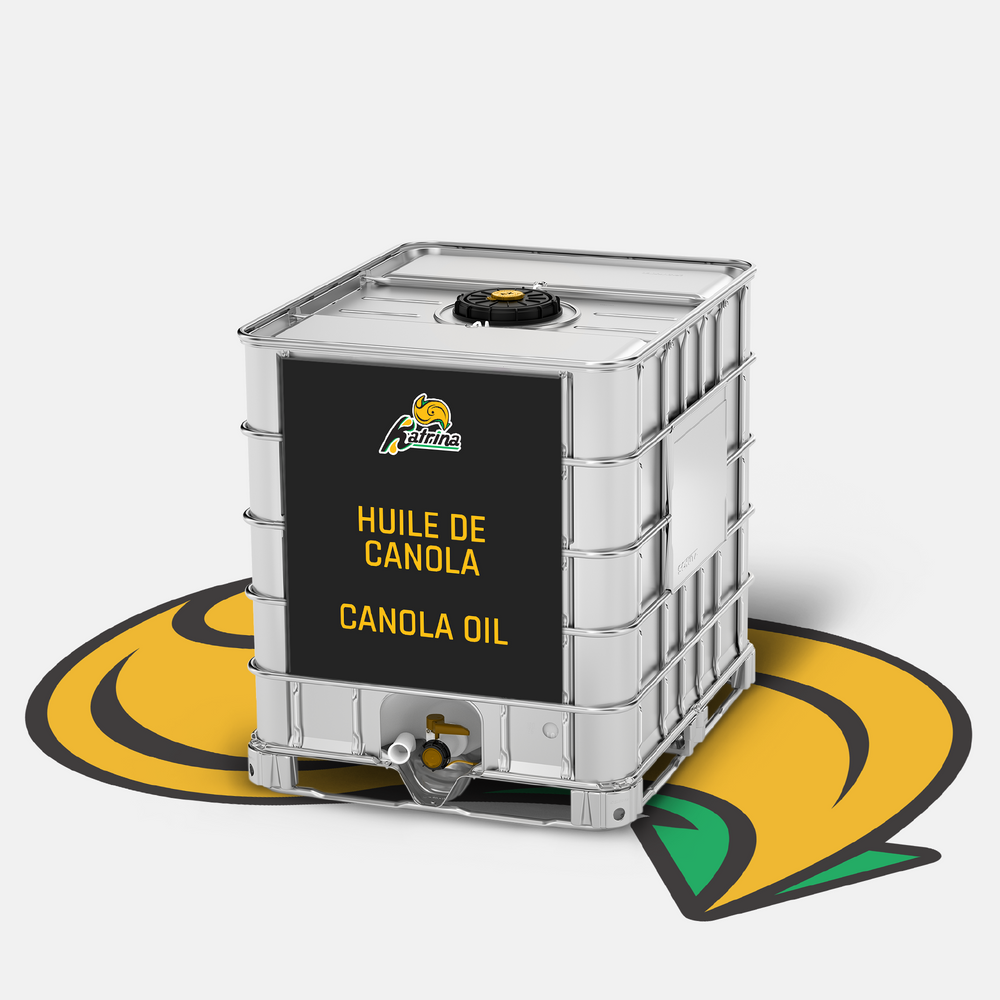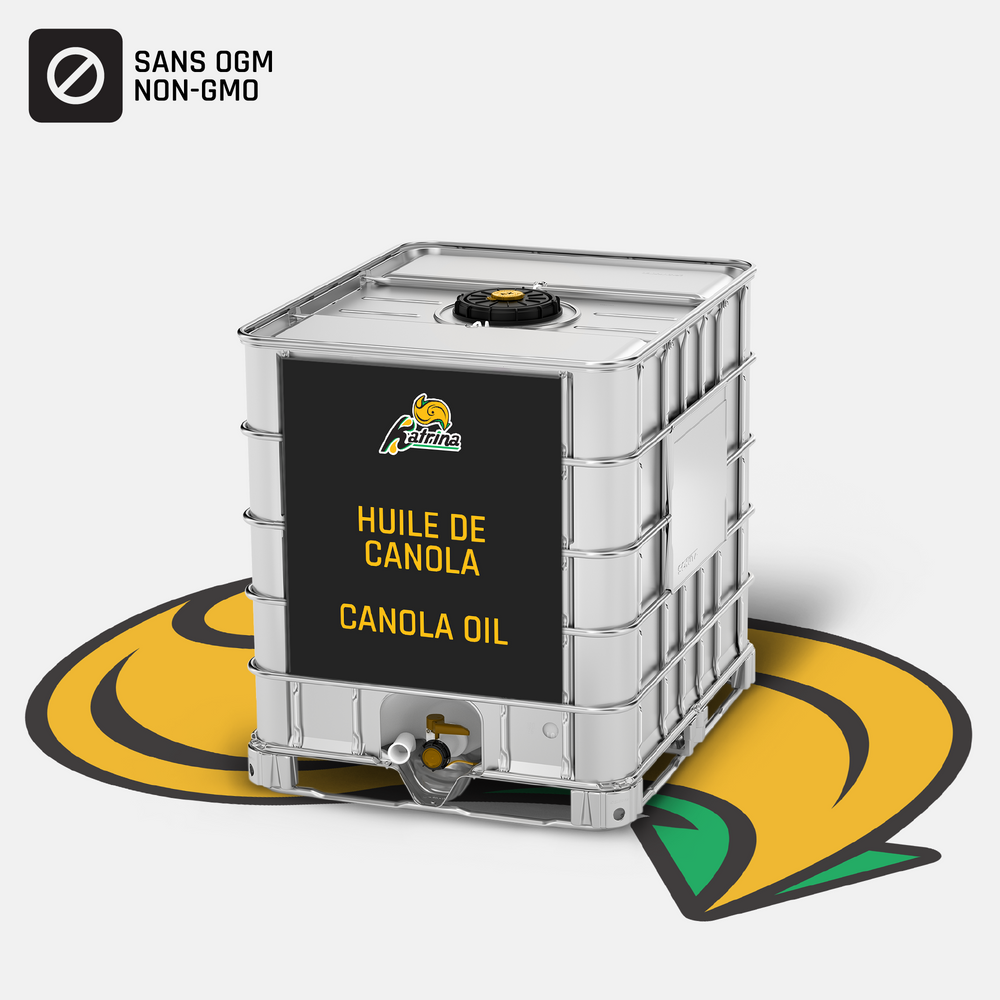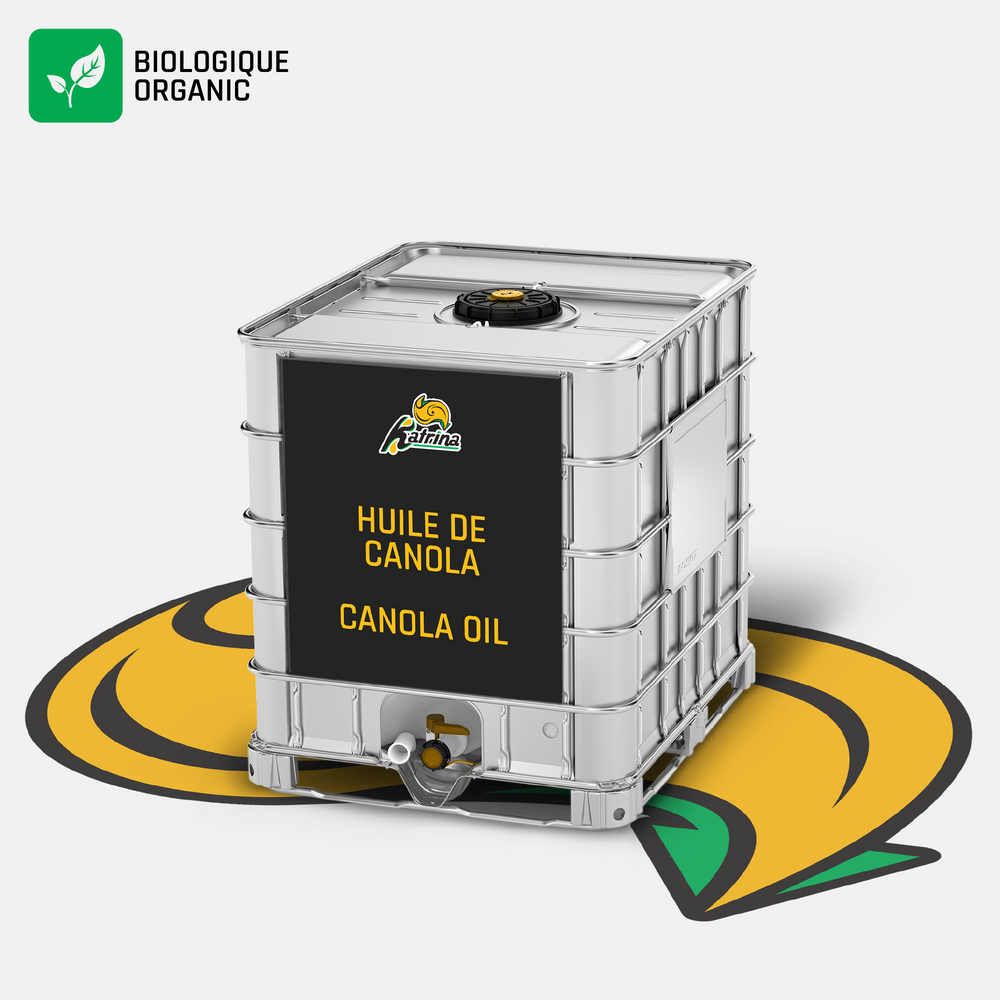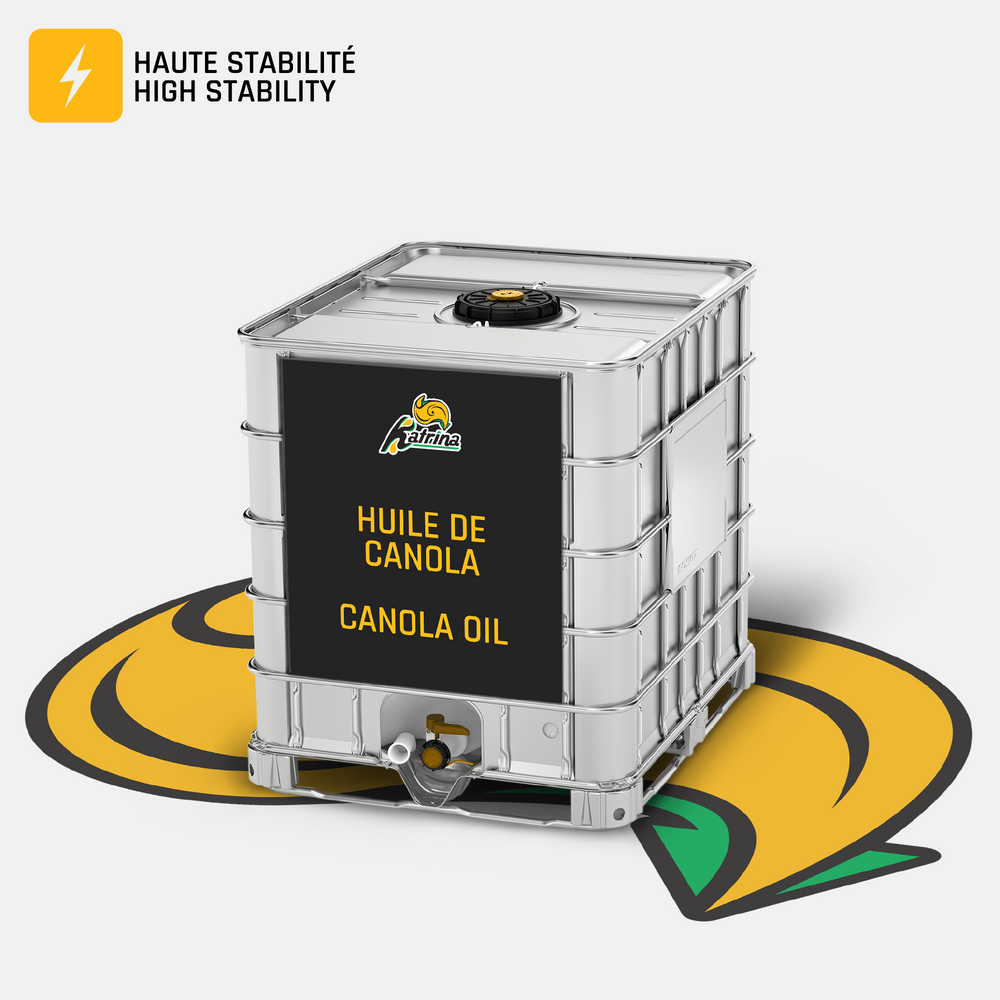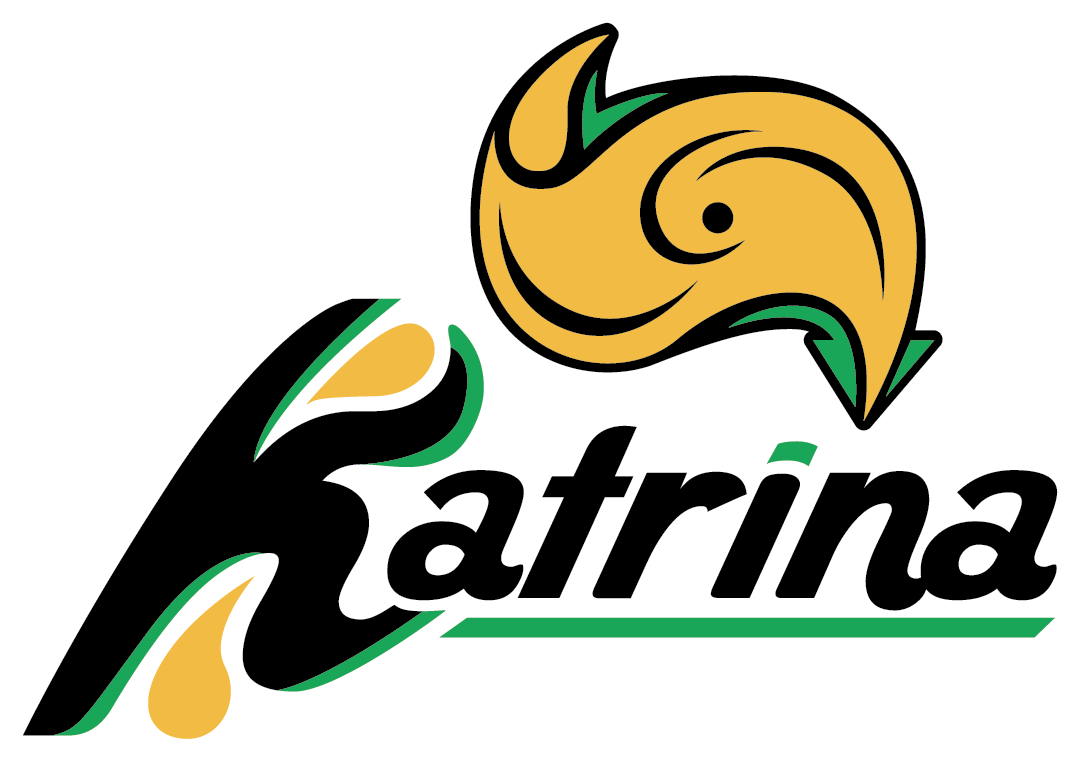Canola vs Vegetable Oil: What’s Better For You?
Canola and vegetable oil are often viewed as the same thing, especially because they appear almost identical. While it’s true that they are quite similar, there are a few key differences.
Canola oil is derived from the rapeseed plant, and made from this one type of seed. On the other hand, vegetable oil is named broadly because it can contain a blend of different sources. Vegetable oil could consist of varying ratios of soybean, corn, palm, sunflower, and other plant-based oils.
In this comparison, we’ll go over the general differences between canola vs. vegetable oil, but it’s important to note that “vegetable oils” are each unique, and can contain different ratios, blends, and types of oils. If you want detailed information, we recommend inquiring with your bulk oil supplier regarding the specifications of your vegetable oil blend.
Canola Oil vs. Vegetable Oil: Cost-Effectiveness and Availability
Both canola oil and vegetable oil are widely available and cost-effective, with vegetable oil generally coming in slightly cheaper compared to canola. This depends on the specific blend, and can fluctuate throughout the year depending on the global markets. Since the cost is generally quite similar, it’s important to get an up-to-date quote to compare accurately.
Canola Oil vs. Vegetable Oil: Smoke Point
Smoke point is critical for determining an oil's versatility in high-temperature cooking applications, but canola oil and vegetable oil are pretty much equivalent in this regard. Both canola and most vegetable oil blends have high smoke points of about 400°F (204°C). Some blends of vegetable oil may reach slightly higher smoke points, but for most intents and purposes, they can be treated equally.
Canola Oil vs. Vegetable Oil: Nutritional Profile
Canola oil and vegetable oil generally have very similar nutritional profiles, but the details depend on the supplier. Since vegetable oil consists of a blend of different oils, the content and ratios of the specific blend will affect the nutritional details.
The American Heart Association recommends both oils as heart-healthy options, but canola oil's typically higher omega-3 and lower saturated fat content gives it an edge.
Canola Oil vs. Vegetable Oil: Flavour Profile and Culinary Applications
Both canola oil and vegetable oil are neutral and light in flavour, generally not interfering with the flavour of a recipe. Some blends of vegetable oil may have a slightly stronger flavour, so canola oil may be a good choice for recipes with delicate flavours.
Canola Oil vs. Vegetable Oil: Storage and Shelf Life
Like most oils, both canola oil and vegetable oil should be stored away from heat, light, and air exposure to avoid rancidity.
They both have generally the same shelf life and storage requirements:
| Storage | Canola Oil | Vegetable Oil |
|---|---|---|
| Unopened Shelf Life | 1 year | 1 year |
| Opened Shelf Life | 6-8 months | 6-12 months |
| Storage Requirements | Cool, dark place | Cool, dark place |
Some blends of vegetable oil (for example, those containing palm on soybean oil) may have a slightly longer shelf life compared to canola. The reason behind this is that these oils contain higher levels of saturated fat or antioxidants, making them slightly more stable than pure canola oil. However, the overall difference in shelf life is negligible, especially with the proper storage practices in place.
Making the Right Choice as a Food Manufacturer
At the end of the day, the differences between canola oil and vegetable oil are minor.
As a food manufacturer or restaurant, your choice will likely rest on two main factors:
-
If your recipe is delicate, we recommend testing between canola and different vegetable oil blends to find the right fit. This is especially important if you need an extremely neutral oil, in which case canola may be a better choice.
-
Otherwise, your choice will come down to price and supply. We recommend inquiring with your local bulk supplier to get a quote comparing both vegetable and canola oil. If your recipe will work with either one, you can opt for the oil with the best price and most reliable source.

